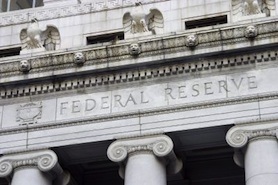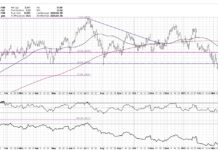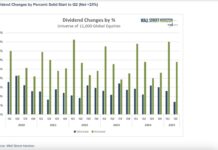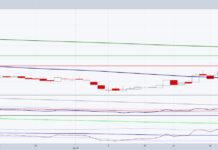 The S&P 500 has once again powered to all-time highs. Yesterday it reached an intraday high of 2125 before pulling back. There is an FOMC Federal Reserve meeting that starts today and ends with their statement and press conference tomorrow. With this in mind, I believe that both the stock market and bond market will see some volatility this week.
The S&P 500 has once again powered to all-time highs. Yesterday it reached an intraday high of 2125 before pulling back. There is an FOMC Federal Reserve meeting that starts today and ends with their statement and press conference tomorrow. With this in mind, I believe that both the stock market and bond market will see some volatility this week.
At the last Federal Reserve meeting, the Fed communicated that the economy has been slowing and the general consensus is that they would remain ‘patient’ and ‘data dependent’ regarding when they might raise interest rates. The general consensus is that interest rates will remain lower for longer.
Personally, I don’t expect the Federal Reserve to actually raise rates until at least 2016. Based on that, I continue to hold positions in the Vanguard Extended Duration ETF (NYSE:EDV) and the iShares Barclays 20+ Yr Treasury Bond ETF (NYSE:TLT). In fact, the ‘lower for longer’ interest rate stance of the Federal Reserve should be positive for both bonds and stocks. So I have been selectively adding equities to my client’s portfolios over the last few weeks as well.
Speaking of bonds, the Wall Street Journal reported that Japan is now the largest foreign holder of US Treasury bonds, eclipsing the amount owned by China. Slowing growth in China has resulted in their government changing interest rates, reserve requirements and the value of their currency. They have been selling US Treasury bonds as a result.
Even though the 10 Year US Treasury Bond (CBOE:TNX) is only paying roughly 1.9%, that is still significantly higher than the 0.29% yield on the 10 year Japanese government bond or the 0.16% yield on the German bund. That can potentially create more demand for US Treasuries and drive yields even lower.
Worldwide, country after country continues to struggle to create growth and inflation. So they have been resorting to devaluing their currency in an effort to make their products more attractive. As I’ve mentioned before, that results in importing deflation to the United States and makes U.S. companies less competitive relative to their foreign counterparts.
Slowing economies mean less investment in plant and equipment and less job security for those workers that still have jobs. Consumers are benefitting from lower energy prices, but a feeling of general economic uncertainty may keep many of them from making major purchases.
In the end, I don’t believe the actions of the Federal Reserve alone will be able to get our economy back on track. Structural reforms are also needed and the lack of them over the last several years is what has resulted in the malaise we are in. Until then, I anticipate average annual returns to be less than those experienced the last 5 years.
Jeff’s Trending Indicators
US Stock Market Trending Up
US Bond Yields Yields Trending Down (means prices go up)
Follow Jeff on Twitter: @JeffVoudrie
The author holds positions in mentioned securities at the time of publication. Any opinions expressed herein are solely those of the author, and do not in any way represent the views or opinions of any other person or entity.








